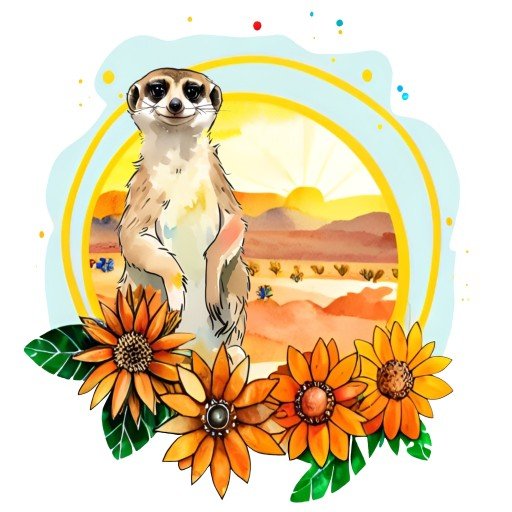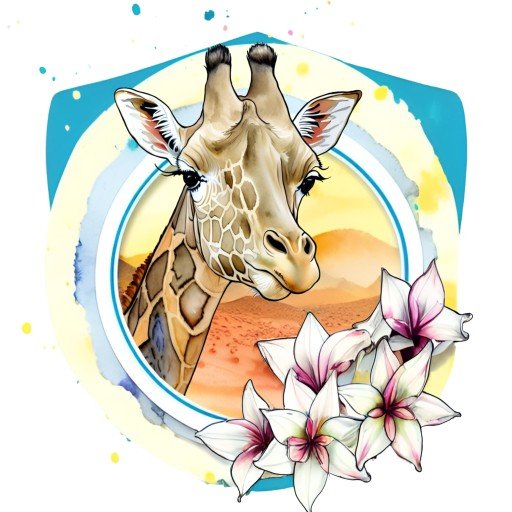In Project Catalyst Fund 9, the “Grow Africa Grow Cardano” campaign called for projects with solutions to Cardano infrastructure and education concerns in Africa. The campaign goals were onboarding new Cardano users in Africa and forging new partnerships on the continent. Success metrics were looking for numbers of new users and local impact. Lido Nation took aim at the bulls-eye of this campaign with a project called Swahili Learn to Earn. This project capitalized on our existing library of Cardano educational content, and the work we had already started translating that content into Swahili, one of the most widely-spoken languages in Africa. Inspired by the learning modules on the Coinbase app, where users can take short learning modules to earn crypto, we built a similar application on LidoNation.com where Swahili speaking users could learn about Cardano and earn ada and achievement badge NFTs.
The first goals of the project were to meet the campaign metrics head-on, by onboarding lots of new Cardano wallets in Africa through an incentivized participation opportunity. The secondary goals were to treat this project as an experiment - I had questions about how effective it would be at attracting brand new users, how hard it might be to do marketing and raise awareness of the app, and how difficult it would be to prevent abuse of the system from “double-dippers.” Finally, we saw this project as a first step: once the infrastructure of the app was built, we hoped that we would be able to use it for this project, and more.
This article foreshadows our Project Close report, which we plan to complete at the end of the month. We would love to hear from the community. Thanks for the votes that allowed us to do this project. Do you have any questions for us before we close it out?
Content
Prior to this project we had about 50 articles translated to Swahili. We translated 25 more, bringing our Swahili library to 75 articles strong! We also wrote and translated quiz questions to accompany all 75 articles. This content spans from blockchain and decentralization basics, to Cardano onboarding, to a full gamut of Project Catalyst content, plus news and insight from a spectrum of other Cardano topics. Our translation team have been working on Cardano content for more than a year now, and have a good grasp of many challenging topics. This of course enables them to be good translators, but also prepares them to be our first layer customer service for app users! Once we had all the content, we arranged it into an order that made sense for a new user - starting with the basics, then working through everything else.
Infrastructure
The Lido Nation development team and apprentices had their work cut out for them. They had to design and build the front and back end of a web app that allowed users to:
- Register with their name and email address
- Connect with a Cardano Wallet
- View the learning curriculum, read articles, and take quizzes
- Award $1 worth of ada to users who get correct answers
- Allow users to see their earnings and withdraw to their connected wallet
There was plenty of work to go around. It also required lots of communication within all parts of the team, as the core leadership team at Lido Nation does not speak Swahili. So this required working together, and for our Africa team to take initiative to make this app work in their language.
Considerations
The biggest challenge with this project is one that we did foresee – there is nothing, technically speaking, to stop an individual from creating multiple accounts and taking oodles of quizzes to earn more ada for themselves. On Coinbase, this is prevented because users must go through traditional KYC measures to get an account. We did not have a verified identity layer for this project. Knowing that this “double-dipping” would probably happen, we wanted to see what we could do to prevent it, but also see what we can learn for the future from this limited experiment.
We started by putting up some “speed bumps.” We required users to log in with a verified email address. So, “double-dippers” would have to go to the hassle of creating/logging in with different actual email accounts.
Second, we put in a time-based element: each registered user could only take 1 quiz and earn $1 of ada per day. So, there was no way one double-dipper could just churn through all the quizzes over and over again, emptying the reward pot.
Third, we manually identified and blocked duplicate users. Flagged users would get a pop-up saying they had been identified as a duplicate, and that account was not permitted to participate and earn.
Finally, we put a time-delay on reward disbursement. At first, rewards were disbursed almost instantly. We realized that by limiting disbursement to 1x/day, we could both save on transaction costs, and also get a time window in which to identify and block new duplicates if necessary before disbursing rewards.
So how big was the problem?
As of this writing, we have 260 program registrations (yay!) – and 108 duplicates (meh).
So numerically, it’s a huge issue. It should be noted that it does not mean, as the numbers may suggest, that nearly half of users are creating duplicate accounts. Instead, the data show that those individuals who do create duplicates take a “go big or go home” approach – those who create duplicates create a whole bunch! So in reality, it’s more like 10% of users who we can see tried the “double-dipping” strategy.
Ultimately, it should be noted that the measures we took to prevent double-dipping are neither foolproof nor scalable. A determined and clever double-dipper could slip through - you’ll forgive me if I refrain from describing exactly how. The management process was also largely manual; to deliver at scale, a Decentralized Identity solution will be required.
Results and Next Steps
This project aimed high, hoping to onboard hundreds of new Cardano users in southeast Africa, and to seed those wallets with more than $9K worth of ada in rewards, along with achievement badge NFTs. To measure our results, we looked at numbers of registered users, numbers of wallets, numbers of staked wallets, quiz engagement, rewards delivered, as well as web traffic results on the website that reveal which countries are participating. The app went live in mid-May 2023; we are only 4 weeks in, and my fears about attracting users were for naught. The first week saw 30 users - a good start. I merely hoped we might double that number in the next week - but instead it tripled! Growth has been steady since then, with new learners registering every day.
Next week I will open up our project dashboard to you and reveal all these results to date. I’ll also ask for your help as we think about what they mean, and what our next steps should be.
If you speak Swahili or know someone who does, check out the program and earn some ada!
Join the conversation below with your comments and questions!




No comments yet…